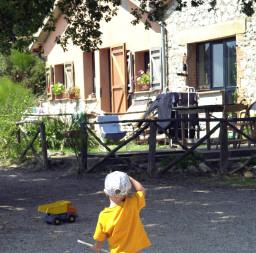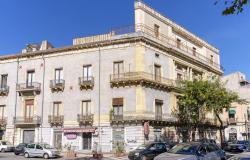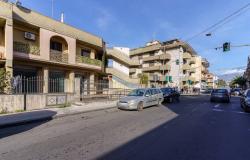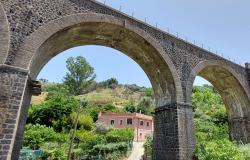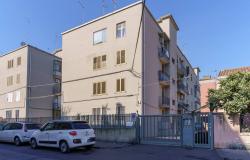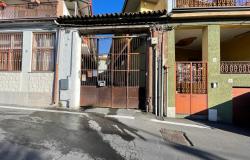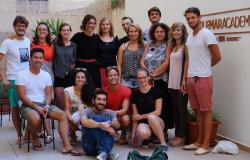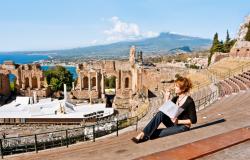Lovers of traditional Sicilian cuisine will soon be able to dine and stay at a country property that once belonged to Italy's bloodiest Mafia boss.
The three-acre site five kilometres from Corleone, once a fief of Salvatore 'the Beast' Riina, has been turned into an 'agriturismo', or farm-holiday restaurant-cum-inn.
''There'll be room to feed 88 people, and 16 beds for people to stay over if they've had a bit too much,'' joked Floriana Di Leonardo of the Pio La Torre Cooperative.
''The days of Riina are long gone. All you'll find here now is good old country cooking and a nice comfortable bed''. Di Leonardo, whose cooperative is named after a famous anti-Mafia land-reformer and Communist Party leader gunned down in 1982, pointed out that the new eatery was ''just down the road'' from a popular local tourist attraction, the Gorgo del Drago natural park.
Riina ruled the Mafia in a reign of fear from the 1980s until he was captured in 1993 soon after unleashing a bloody assault on the Italian State that claimed the lives of anti-Mafia judges Giovanni Falcone and Paolo Borsellino.
Several of his former properties, as well as those of his townsman and fellow Mafia chief Bernardo Provenzano, have been seized by the State and turned into schools, farms or restaurants.
The countryside around Corleone, once dotted with dons' trophy villas or hideaway farms, is now producing honest fruits after a wave of confiscations from Cosa Nostra bosses.
Youth cooperatives have moved into the rural crime triangle between the fiefs of Corleone, Monreale and San Giuseppe Jato and have started making pasta, olive oil, wine, honey and other produce on the ex-Mafia lands.
Thanks to an agreement with the Coop supermarket chain, the products are now sold all over Italy.
Many of the products are made by the cooperative Placido Rizzotto - Libera Terra, named after a land reform campaigner murdered by the Mafia in 1948.
Corleone, a big-screen byword for the Mafia, was Riina's notorious power base in the hills near Palermo where he bred a fierce new breed of Mafioso in the '70s and '80s.
Italian authorities have made a point of putting confiscated Mafia property to good use, preferably something involving public institutions, so as to symbolise the return of the State's control.
A set of luxury apartments in Corleone belonging to Riina, for example, has been turned into the local headquarters of the tax police.
